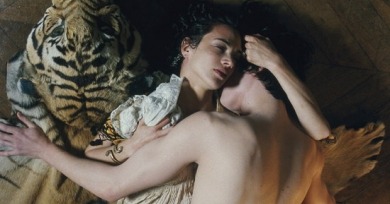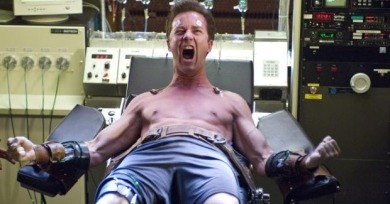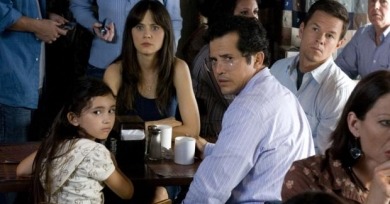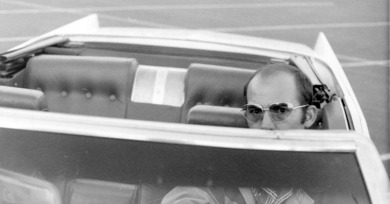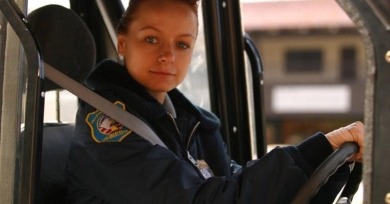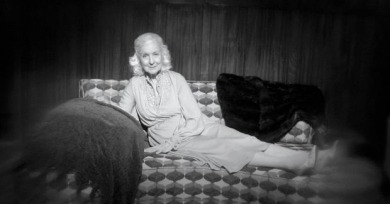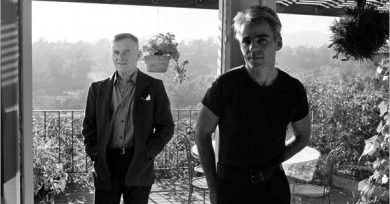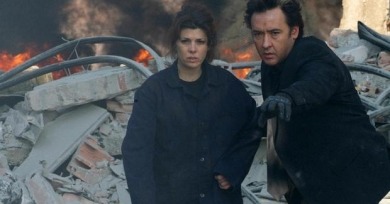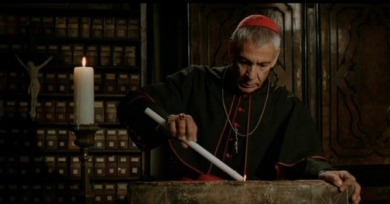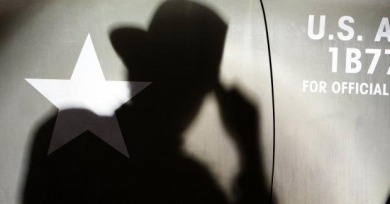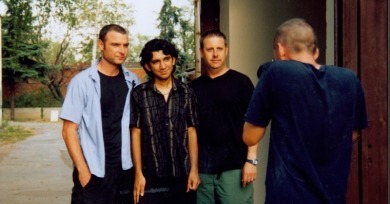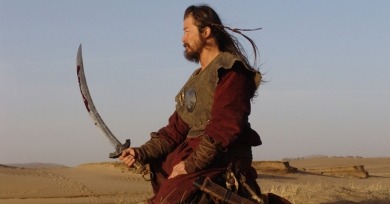Reviews
By her own account, The Last Mistress is Catherine Breillat’s most accessible film, the only one that doesn’t set out to break any taboos.
Almost all of the recent superhero franchises have been placed on the shoulders of actors known more for flexing acting chops than gym-sculpted physiques, and Norton’s history of playing loners, losers, and boy-next-door sociopaths places him in the off-casting pantheon.
Each of M. Night Shyamalan’s studio films thus far have employed, or even exploited, genre scenarios to similar ends—to question the unknown, to collapse boundaries between well-trod fantasy tropes and untranslatable spirituality, and ultimately, to preach the importance of human connection in the face of trauma or even tragedy.
Hunter S. Thompson’s prose was nervy and pugnacious, his judgments bullying and hyperbolic, his life as volatile as any in postwar American letters. Gonzo: The Life and Work of Dr. Hunter S. Thompson couldn’t be any more different in mien and spirit.
A brutally funny and relentlessly squirm-inducing film about neuroses, loneliness, and love, Expired posits the traffic cop as the nadir of self-esteem and the constant recipient of abuse and disgust.
There’s a comforting ease (or laziness) to writing about a new Guy Maddin, regardless of one’s ultimate opinion of the film itself. Maddin is one of those rare filmmakers who neither progresses nor retreats, neither stultifies nor excites.
If only someone would make a fictional gay romance that had as much feeling and depth as Tina Mascara and Guido Santi’s Chris & Don: A Love Story.
A common criticism of the series has been its tendency to depict women as behaving “like gay men.” The charge is troubling not least for its reification of stereotypes of gay male promiscuity but also for its subtle assertion that ideal femininity doesn't square with unbridled—or at least, uncomplicated—sexual desire.
Encounters at the End of the World is the latest missive from world cinema’s Marco Polo / Jack London / Great White Image Hunter, Herr Werner Herzog, out for a deserved large-screen airing before entering its inevitable Discovery Channel rotation.
Take away Argento’s undeniable craft, and what would you really be left with? The answer is Mother of Tears.
At any given moment, Operation Filmmaker feels both refreshingly linear and enthrallingly multilayered: the subject, like the film, is difficult, charismatic, maddening, repellent, and sympathetic all at once.
Mongol marks a personal first for this reviewer: a bloated epic so boring and unengaging that by its numbing conclusion (the word anticlimactic can only be used for stories that actually build) he was zapped even of the conviction to hate it.
